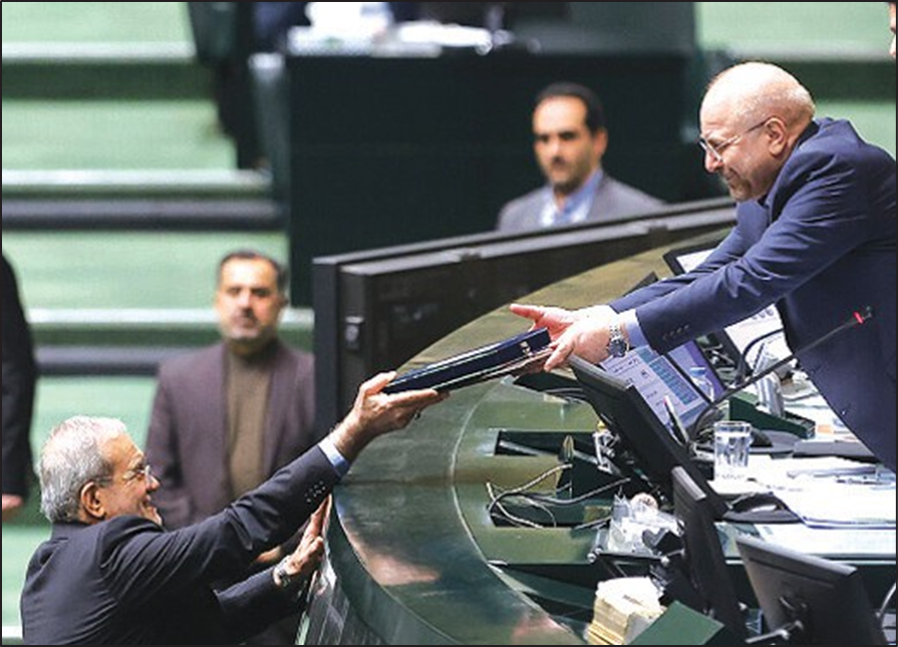June 22, 2018

Israel, faced with an aging population of Iranian Jews since there are few Jews left in Iran interested in emigrating, has convinced a high school near Tel Aviv to initiate a major program of Farsi instruction and schooling in Iranian culture as a source of much needed intelligence analysts who can keep track of Iran.
Since 2015, Ben Gurion High School has run a program, unique in Israel’s educational system, where 11th and 12th graders specialize in the Persian language and culture under the aegis of a former state security officer, Pini Shmilovich.
Several of his graduates, Shmilovich says, already serve in Israel’s intelligence units. These agencies long made do with in-house Farsi training, so their new openness to a school program suggests a need to broaden their ranks, Reuters said.
That would square with Israel’s publication, last month, of what it said was a trove of secret Iranian nuclear documents that required marathon translation and analysis after their capture.
“I thought that Iran was, is and will be one of the main issues of the State of Israel. And I think that we had to raise people that know and will be experts in this field,” Shmilovich, 60, told Reuters at the school in Petah Tikva, outside Tel Aviv.
Around 25 students graduate from his program each year and are natural candidates for military intelligence units, where they will be involved in reading and translating materials from Iran, he said.
In 2013, Israeli television showed military intelligence cadets, their faces pixelated, reciting Iranian slang heard over headphones. Soldiers from the same unit were shown last month in a video leaked to social media chanting a Farsi folk song at what appeared to be their graduation ceremony.
Israel saw brisk immigration by Iranian Jews in the 1950s and after the 1979 Islamic Revolution in Tehran. That provided an enormous pool of potential spies with Farsi fluency.
With the influx of native-speakers now diminished, acquiring Farsi in Israel means taking classes, enlisting in intelligence, or listening to radio stations catering to the Iranian emigres.
The Petah Tikva high school program is not just about military things. “We also provide the experience of the tastes and smells, everything relating to Iran as a country, its citizens, as a magnificent culture that goes back thousands of years,” said Hanna Jahan-Forooz, an Iranian-born musician and teacher who exposes the students to Farsi poetry, heritage and history.
One 17-year-old enrolled in the program, and who spoke to Reuters on condition of anonymity, described exposure to Iran as mind-opening in ways beyond the needs of national security.
“I believe it can help me in the future, not necessarily in a specific way,” she said. “But my way of thinking is quite different now than when I started. I really feel like it gave me more tools to investigate, understand, learn. It really developed the way I think.”
Details on Hebrew language instruction in Iran for intelligence purposes are sketchy.
“There are apparently some universities that teach some Hebrew courses, but … this is from hearsay,” said Meir Javedanfar, an Iranian-born expert on Iran at the Interdisciplinary Center Herzliya, an academic institution near Tel Aviv.
“What we do know is that there are some individuals in Iran who are associated with the Islamic Republic who teach Hebrew in private classes,” he told Reuters.





















